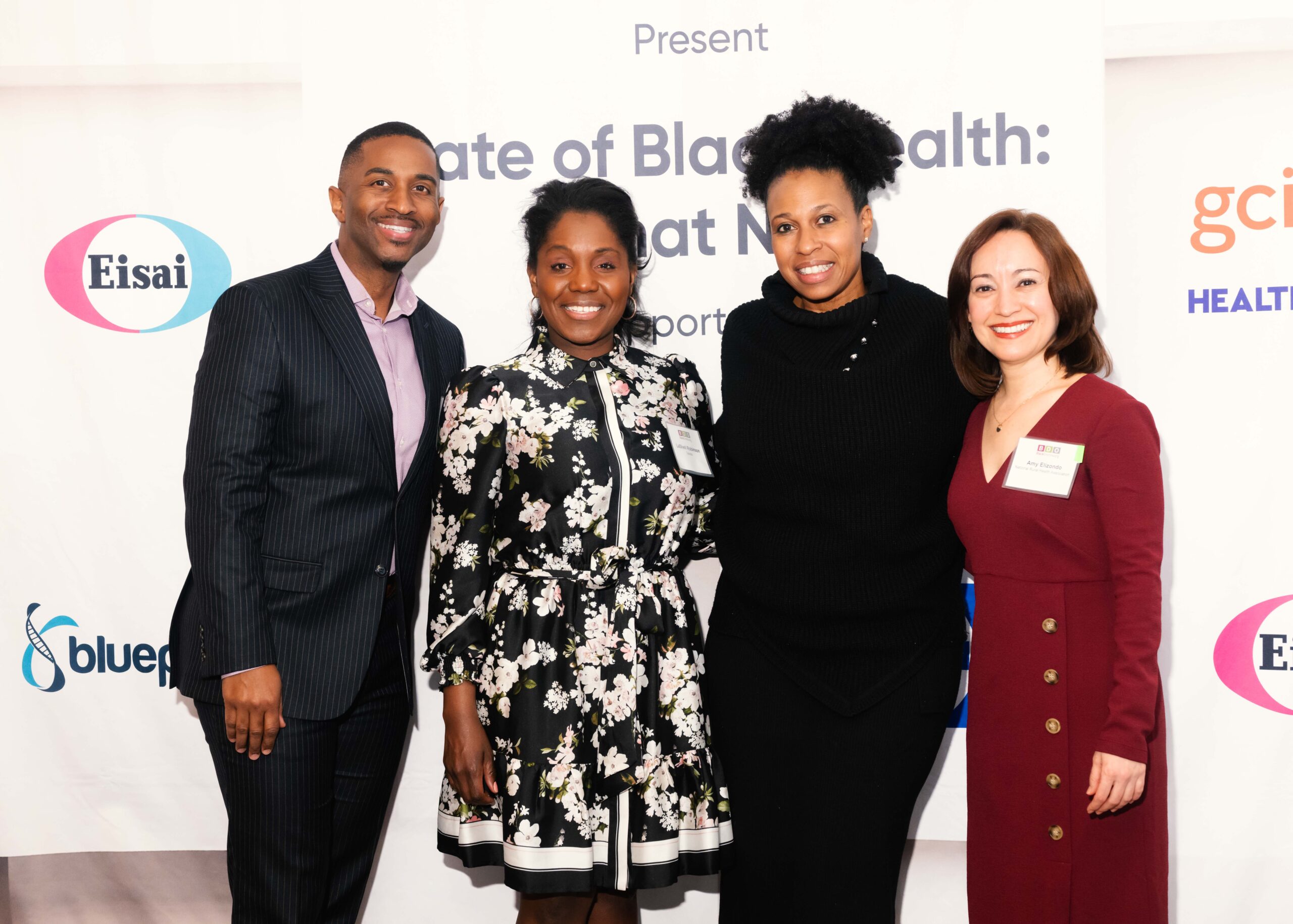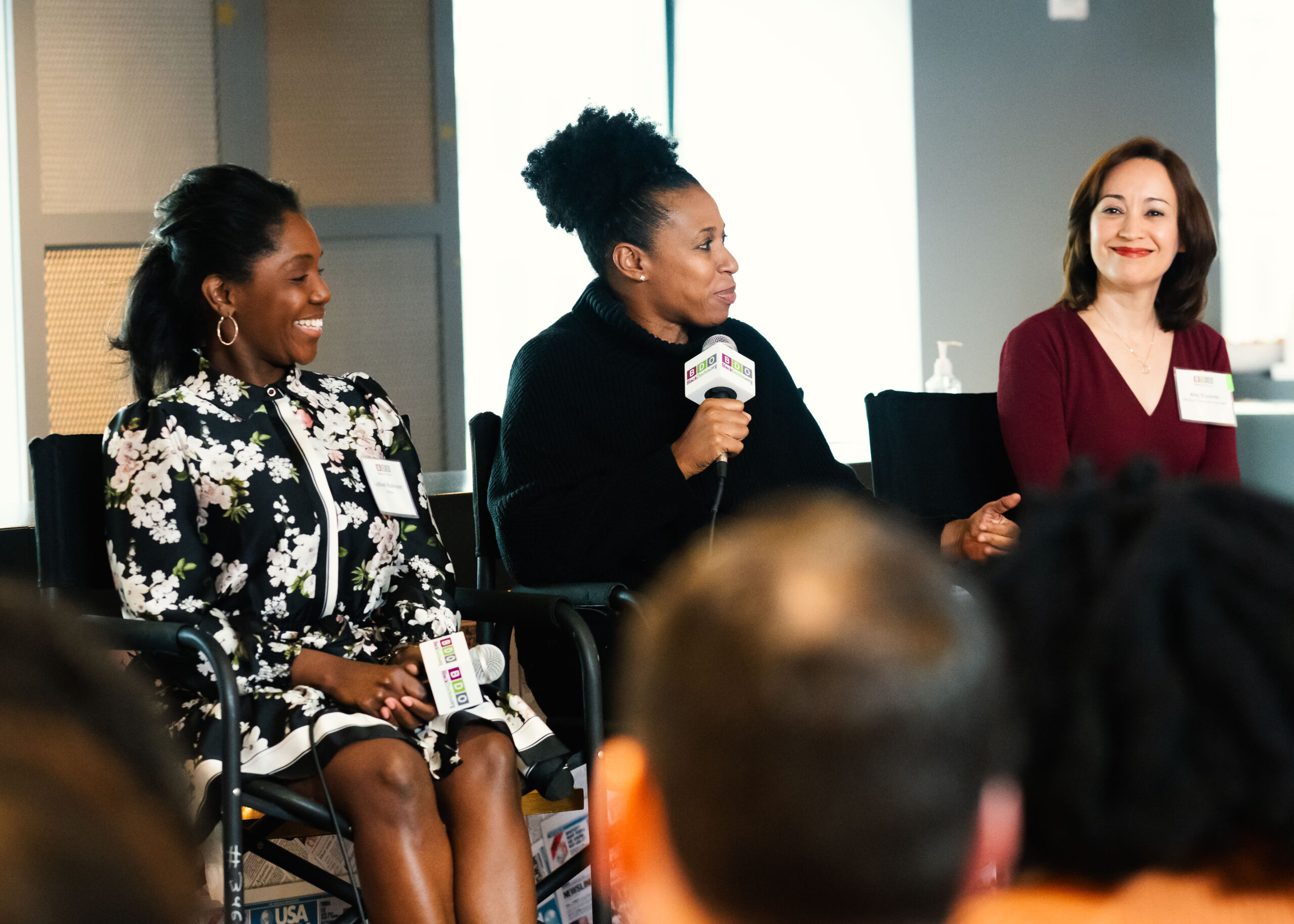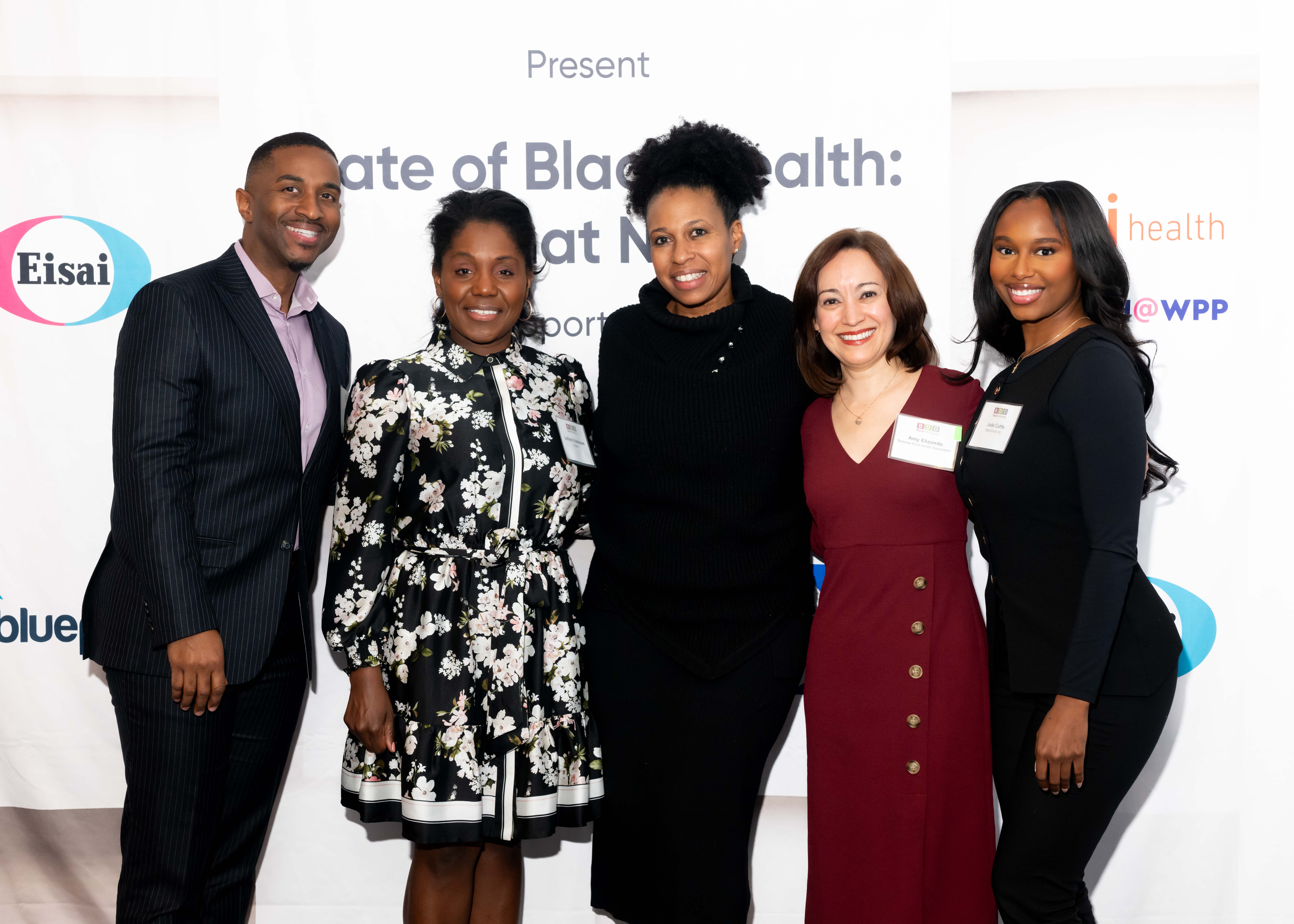Health equity is more than a goal—it’s a movement. It’s about ensuring that clinical trials, medical research, and healthcare access reflect the diverse communities they serve. This issue isn’t just about fairness; it directly impacts health outcomes, treatment effectiveness, and medical trust—especially for Black and rural communities.
At BlackDoctor.org’s second annual “State of Black Health: What Now” Summit, hosted in collaboration with USA TODAY, Derrick Lane, CMO of BlackDoctor.org, moderated a dynamic discussion. The panel, “Health Equity is Not One Dimensional” focused on building trust, increasing participation in clinical trials, and holding institutions accountable for driving systemic change.
Meet the Panelists
- LaShell Robinson, Executive Director, Head of Global Feasibility & Trial Equity, Takeda
- Aletha Maybank, MD, Chief Health Equity Officer and Senior Vice President, AMA
- Amy Elizondo, Chief Strategy Officer, American Rural Health Association
Key Takeaways from the Panel
1. Clinical Trials: The Foundation of Health Equity
When we talk about health equity, we must start with clinical research—because if the science isn’t inclusive, the treatments won’t be either.
LaShell Robinson emphasized how representation in medical research is important to potentially reducing health disparities:
“When we talk about health equity, we’re usually speaking about health disparities, a broken healthcare system, and lack of access. But for me, clinical research is an opportunity to start thinking about health equity at the very beginning—because that’s where we innovate medicine.”
“If we don’t get the science right, we could actually contribute to more health inequities down the road.”
She also highlighted the need for systemic reform in clinical trials:
“In my role at Takeda, one of the things I focused on was operations—because if the system is broken internally, it’s not going to help.”
2. Institutions Must Earn Trust, Not Just Expect It
Distrust in the healthcare system isn’t just a historical issue—it’s a current reality.
Dr. Aletha Maybank reminded the audience that trust isn’t just about convincing patients to participate—it’s about institutions proving they deserve that trust:
“Trust is like any relationship. Integrity means doing what you say you’re going to do.”
“Being transparent, authentic, and direct isn’t rocket science. It’s about showing up in ways that are honest and respectful.”
She also pointed out that trust isn’t just about individuals—it’s about institutions recognizing their responsibility:
“We used to frame the issue as ‘what’s wrong with the patient?’ But now, we’re asking: ‘What’s wrong with the system?’”
To further build trust, she suggested turning to culture and influencers:
“We need to go where people are. Media, music, influencers—there’s an opportunity to bring health conversations into cultural spaces.”

3. Most Black Patients Have Never Been Asked to Join a Clinical Trial
One of the most shocking findings from BlackDoctor.org’s research was that the number one reason Black patients don’t participate in clinical trials isn’t distrust—it’s that they’ve never been invited.
“Before launching our Clinical Trials Resource Center, we asked our audience: What’s preventing you from joining a clinical trial? Over 80% said they had never been asked,” Lane said.
LaShell Robinson confirmed this issue in her experience at Takeda:
“Most patients have never been asked about clinical research. If you ask them, they’ll tell you that’s the number one issue.”
4. Representation in Trials Starts with Systemic Fixes
Simply asking patients to participate isn’t enough if the systems around clinical trials aren’t designed for inclusion.
Robinson shared how Takeda has begun optimizing processes to make trials more inclusive:
1. Exclusion Criteria Age and Comorbidities
“For example- many trials have upper age limits, but we are becoming an increasingly older population, so we challenge and in some cases expand the upper age limit. This helped expand access.”
2. Diverse Patient Recruitment Partners:
“When I looked at some of our vendors, they weren’t diverse or connected to the community. We had to work with procurement to approve partners like BlackDoctor.org.”
3. Holding Pharma Companies Accountable:
“Every person in research—whether you’re in data, safety, or management—has a role in improving access.”

5. Rural Communities Face Unique Barriers—And Solutions
Health equity isn’t just an urban issue—rural communities are also at risk.
Amy Elizondo explained how geography impacts healthcare access:
“Rural communities are usually described as older, sicker, poorer. But that’s not the full picture. There’s incredible innovation happening.”
She emphasized the importance of trusted community figures in rural health:
“Word travels fast in rural areas. People rely on community health workers and local leaders. If we want to reach rural patients, we need to work with the people they trust.”
She also warned of a crisis in rural healthcare infrastructure:
“One-hundred and seventy rural hospitals have closed in the last 10 years, and 50 percent of rural hospitals are in the red. Without intervention, access to care in rural communities is in serious jeopardy.”
6. What’s the Solution? Actionable Steps to Increase Trust & Representation
The panelists outlined clear steps to increase Black and rural participation in clinical trials:
1. Make Clinical Trials Easier to Find & Understand
“We need a user-friendly, centralized place where people can browse clinical trials like they would any other opportunity,” Dr. Maybank said.
2. Expand Where and How Research is Advertised
“If we only recruit from the same places, we’ll only get the same participants,” Robinson added.
3. Build Trust Through Community Engagement
“Patients trust churches, barbershops, and community leaders—partner with them,” Elizondo shared.
4. Hold Institutions Accountable for Transparency
“Institutions must be honest about their intentions and track record,” Dr. Maybank said.
5. Support Rural Healthcare Infrastructure
“Rural hospitals are closing at an alarming rate. We need urgent investment,” Elizondo added.

Final Thoughts: The Time for Action Is Now
Lane ended the panel with a challenge:
“We know what the problems are. We know what the solutions are. The question is—who’s willing to act?”
The fight for health equity isn’t just about talking—it’s about taking action. Institutions must be held accountable. Representation in clinical trials isn’t just a diversity issue—it’s a medical necessity. And building trust starts with real, systemic change.
As Dr. Maybank put it:
“We are not doing anything wrong. Fighting for our rights, for our people, for ourselves—it’s the right thing to do. And we must keep going.”
How You Can Take Action Today
Get involved in clinical research and learn more about health equity initiatives:
- BlackDoctor.org Clinical Trials Resource Center
- Takeda’s Health Equity Initiatives
- National Rural Health Association
Because health equity isn’t a privilege—it’s a right.









